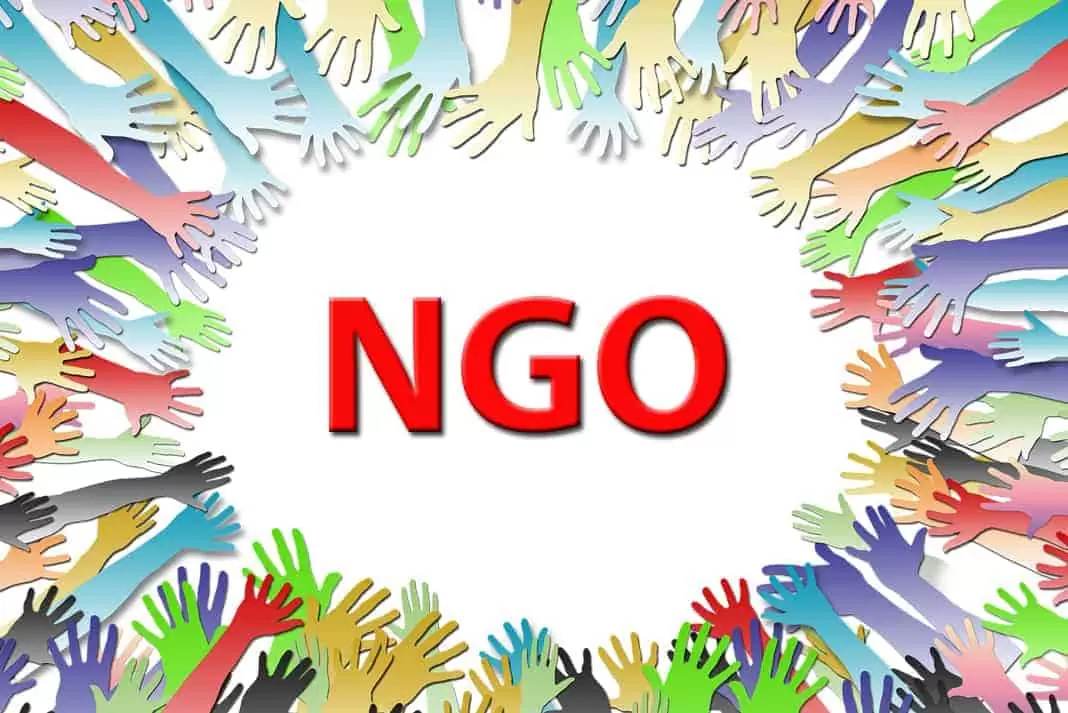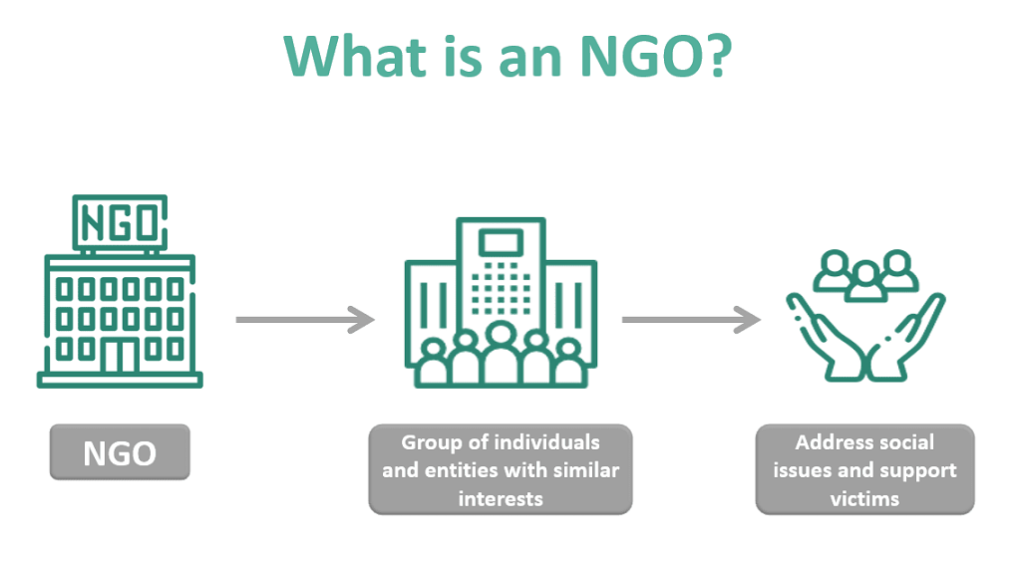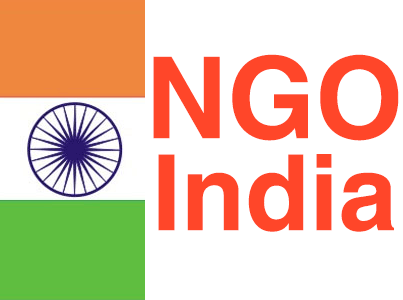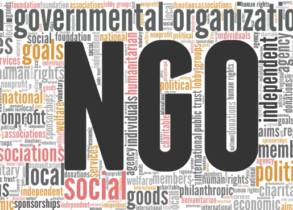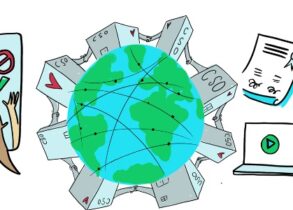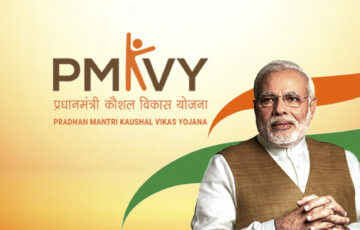Non Government Organization- 2.0
Relevance
- GS Paper 2 The role of NGOs, various groups and associations, institutional and other stakeholders.
- Tags: #governance #civilsocieties #ngo #goodgovernance #democracy.
Merits of NGOs
- Local Expertise: NGOs possess a deep understanding of local issues and cultures, making them highly effective in addressing the unique challenges faced by communities within India.
- Community Engagement: They often work closely with local communities, empowering them to be part of the solution, and promoting self-reliance.
- Poverty Alleviation: Many NGOs focus on poverty alleviation, education, and healthcare, contributing significantly to improving the living conditions of marginalized populations.
- Disaster Relief: NGOs are quick to respond to natural disasters and humanitarian emergencies, providing essential relief and assistance.
- Advocacy and Awareness: NGOs play a crucial role in raising awareness about pressing issues such as child rights, women’s empowerment, and environmental conservation within the country.
- Global Reach: NGOs can address transnational issues like poverty, climate change, and global health, leveraging resources and expertise on a global scale.
- Crisis Response: NGOs are often at the forefront of international crisis response, providing essential aid during conflicts, natural disasters, and health emergencies.
- Cross-Cultural Expertise: They bring together professionals from diverse cultural backgrounds, promoting a rich exchange of knowledge and ideas.
- Advocacy on Global Stage: NGOs can advocate for policy changes on the global stage, influencing international agreements and treaties.
- Resource Pooling: NGOs facilitate resource sharing and international cooperation, ensuring that aid reaches regions in need, irrespective of national borders.
Demerits of NGOs
- Lack of Coordination: The sheer number of NGOs in India can lead to a lack of coordination and collaboration, sometimes resulting in duplicated efforts and resources.
- Resource Constraints: Many NGOs face challenges in funding and resource management, impacting the scale and sustainability of their programs.
- Bureaucratic Hurdles: The regulatory environment for NGOs in India can be complex, leading to administrative challenges and delays in project implementation.
- Transparency Issues: Some Indian NGOs have faced allegations of financial mismanagement and a lack of transparency, leading to concerns about accountability.
- Political Influence: Political affiliations can sometimes affect the perceived impartiality of Indian NGOs, which may impact their credibility.
- Inefficiency: Not all NGOs are equally efficient; some may have high administrative costs, affecting the efficiency of aid delivery.
- Dependency: Over Reliance on NGOs can create dependency in developing countries, potentially hindering self-sufficiency and long-term development.
- Political Complexity: NGOs may face complex political environments in their work, which can lead to challenges in gaining access to affected areas and coordinating with governments.
- Lack of Cultural Understanding: Despite cross-cultural expertise, NGOs may sometimes struggle to fully understand and respect local customs and values.
Recommendation of Committees
In 2017, a committee led by S. Vijay Kumar, appointed by the Central government on the Supreme Court’s directive, proposed “light regulation” measures for NGOs to alleviate their burdens and challenges.
The high-power committee’s recommendations include:
- Modernizing Registration Procedures: Streamline registration processes for NGOs to facilitate compliance with the IT (Income Tax) Act and FCRA (Foreign Contribution Regulation Act) without burdensome and intrusive requirements.
- Reducing Physical Interface and Distrust: Take steps to minimize the need for physical interactions between NGOs and government officials operating under the IT Act and FCRA, with a focus on reducing mutual distrust and potential misuse.
- Framework for Accreditation and Audit: Develop guidelines for accrediting NGOs, conducting audits of their financial accounts, and establishing procedures for recovering grants in cases of misappropriation.
- Nodal Body for Oversight: Recommend the creation of a nodal body to oversee interactions between NGOs and the government, suggesting that NITI Aayog be empowered to fulfill this role.
- Separate Legislation for Voluntary Agencies: Propose a dedicated law for voluntary organizations engaged in charitable or public good activities, aiming to enhance the sector’s regulation, effectiveness, and efficiency.
- Overarching Legislation and Database: Suggest the development of comprehensive legislation that incorporates best practices, which would replace existing state-level and central laws. The legislation should also establish a searchable database containing details of NGOs.
Solution to strengthen NGOs
It is crucial for enhancing their impact on diverse social, environmental, and humanitarian issues. Here are some solutions to empower and fortify NGOs in India:
- Capacity Building: Providing training and resources to help NGOs improve their organizational capacity. For instance, organizations like the National Foundation for India (NFI) offer training and mentorship programs to NGOs working on various causes, enhancing their skills and capabilities.
- Financial Support: Facilitating access to funding sources and offering financial sustainability. Government grants, corporate partnerships, and crowdfunding are avenues that can support NGOs. For example, the Tata Trusts collaborate with NGOs to fund programs aimed at healthcare, education, and livelihood development.
- Transparency and Accountability: NGOs should maintain transparency in their operations and adhere to stringent accountability standards. This builds trust among donors and beneficiaries. Credibility Alliance is an example, which sets transparency and accountability norms for NGOs in India.
- Leveraging Technology: Incorporating technology for more efficient operations and broader reach. NGOs like Pratham use technology to enhance education delivery and reach underserved communities.
- Collaboration: Encouraging collaboration among NGOs, government bodies, and corporations can pool resources and expertise for greater impact. The Akshaya Patra Foundation partners with the Indian government to provide mid-day meals to school children.
- Advocacy and Policy Influence: NGOs can lobby for favorable policies and work closely with government agencies to influence change. Save the Children, for example, advocates for child rights and collaborates with government bodies on child welfare initiatives.
- Local Empowerment: Focusing on community-driven development, where local communities are involved in decision-making and implementation of projects. The Self Employed Women’s Association (SEWA) empowers women in the informal sector by involving them in policy and program decisions.
- Research and Data Utilization: Invest in research and data collection to develop informed strategies. NGOs like the Centre for Policy Research (CPR) conduct research and analysis to influence public policy in India.
- Legal Support and Advocacy: NGOs can access legal aid and advocacy support to address issues that affect their operations and the causes they champion. For instance, the Human Rights Law Network (HRLN) offers legal support to NGOs working on human rights issues.
By implementing these solutions, Indian NGOs can increase their effectiveness, reach, and impact, ultimately contributing to positive social and environmental changes in the country.
|
Funding Of NGOs NGOs in India rely on a diverse range of funding sources to support their operations and fulfill their missions. These sources include:
○ Many NGOs receive grants from Charitable or Philanthropic Foundations dedicated to supporting various causes.
○ Collaboration with for-profit companies can provide funding opportunities.
NGOs in India typically employ a combination of these funding sources to ensure financial stability and support their diverse programs and initiatives. The specific mix of funding sources varies depending on the NGO’s size, mission, and location. |
| Mains Question
In the context of Non-Governmental Organizations (NGOs), critically analyze the impact of diverse funding sources on their autonomy, objectives, and effectiveness in promoting social and developmental goals. |

